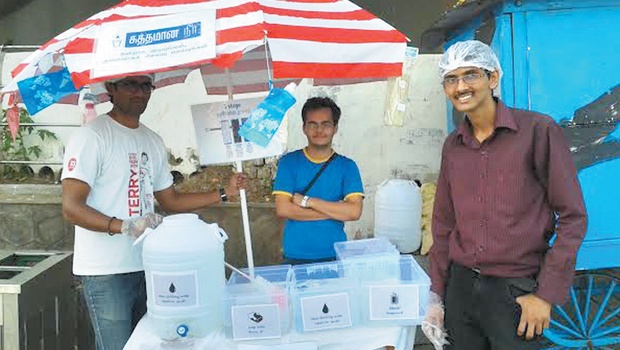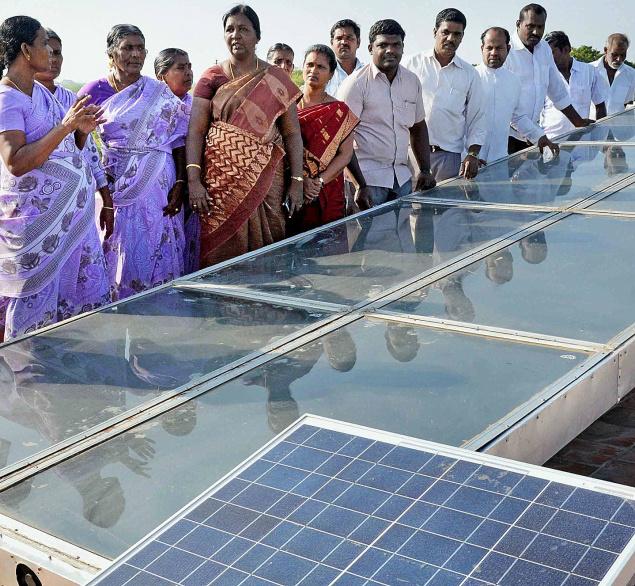Chennai :
Orient Green Power Company is consolidating its biomass power generation business with a sharper focus on group captive power generation.
The wind and biomass-based renewable power company has informed the BSE that it will sell a 10-MW biomass power unit in Pollachi in Tamil Nadu to its subsidiary to enable the unit tap the group captive market to sell power to private sector consumers.
Under the group captive scheme, customers will own at least 26 per cent of the equity stake and consume more than half the power generated.
Company officials said Orient Green has 10 biomass power generation units totalling over 86 MW of power generating capacity. The Pollachi unit is the third power plant to opt for group captive as opposed to selling power to the state utility. One of the expected advantages is timely payment from private sector consumers.
An additional 20 MW is coming up in Kolhapur through a joint venture.
Biomass, or wood-based and agro-waste, fuel costs about ₹1.5-3 a kg and up to 2.5 kg of fuel is needed to generate a unit of electricity. In Tamil Nadu tariff levels range around ₹6.50-7 a unit, according to an investor presentation by the company.
Orient Green has over 500 MW of renewable energy capacity, with more than 420 MW of wind power projects.
source: http://www.thehindubusinessline.com / Business Line / Home> Companies / The Hindu Bureau / Chennai – April 08th, 2014


